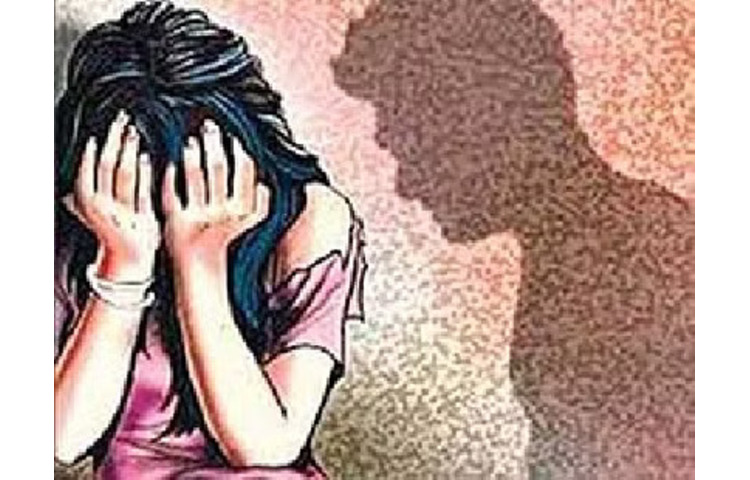“Rajasthan High Court Overturns Rape Conviction Citing Procedural Flaws and Lack of Evidence”
June 11, 2024 2024-07-05 16:20“Rajasthan High Court Overturns Rape Conviction Citing Procedural Flaws and Lack of Evidence”

“Rajasthan High Court Overturns Rape Conviction Citing Procedural Flaws and Lack of Evidence”
By Shazia Siddiqui
The Rajasthan High Court recently overturned the conviction of a man accused of raping his daughter, citing significant procedural and evidentiary flaws in the prosecution’s case. The case initially began when the mother of a 13-year-old girl lodged a First Information Report (FIR) against her husband, accusing him of repeatedly raping their daughter in her absence. The trial court found the man guilty under Section 376 of the Indian Penal Code (IPC) and sentenced him to seven years of rigorous imprisonment along with a fine of Rs. 500. The convicted man subsequently appealed this decision, leading to a thorough review by the Rajasthan High Court.
Upon re-examination, the High Court identified several critical deficiencies that undermined the credibility of the prosecution’s case. One of the most significant issues was the considerable delay in filing the FIR. The court noted that there was a delay of more than two years from the time of the alleged incidents to the lodging of the FIR. This lengthy delay, coupled with the fact that the alleged victim did not report the incidents to her mother or anyone else during this period, cast serious doubt on the reliability of the prosecution’s narrative.
Additionally, the court found that the medical evidence presented did not corroborate the allegations. The medical examination of the victim did not show any signs of injury or recent sexual activity, and there was no Forensic Science Laboratory (FSL) chemical report to support the claims of rape. This lack of medical corroboration was a significant flaw in the prosecution’s case.
The investigation conducted by the police was also found to be severely lacking. The investigating officer failed to prepare a site plan of the alleged crime scenes, which is a crucial piece of evidence in establishing the context and validity of the allegations. The court deemed this oversight a major deficiency that weakened the case against the accused.
Moreover, the victim’s mother, who initially filed the complaint, did not support the prosecution during the trial and was declared a hostile witness. Her inconsistent stance and refusal to corroborate the allegations further undermined the prosecution’s case. This was compounded by the fact that the entire case largely depended on the testimony of the child, which the court found did not inspire confidence due to the aforementioned procedural lapses and lack of supporting evidence.
Justice Anoop Kumar Dhand, who presided over the case, articulated that these factors collectively created substantial doubt regarding the prosecution’s story. He emphasized that in criminal jurisprudence, a conviction must be based on evidence that establishes the accused’s guilt beyond a reasonable doubt. In this instance, the inconsistencies in the testimonies, the inadequate investigation, and the absence of corroborative medical evidence did not meet this stringent standard.
As a result, the High Court acquitted the appellant, extending him the benefit of the doubt. In a significant directive, the court ordered the Director General of Police (DGP) of Rajasthan to investigate the conduct of the investigating officers involved. The court suggested that appropriate actions should be taken against those found negligent after a fair and thorough hearing, thereby emphasizing the importance of accountability within the investigative process.
This ruling underscores the judiciary’s dedication to upholding the principles of a fair trial and due process. It highlights the necessity of meticulous and unbiased investigations and the importance of robust and reliable evidence in securing a conviction. The court’s decision serves as a reminder that the justice system must ensure that convictions are based on clear and compelling proof to prevent wrongful convictions and safeguard the rights of the accused. The Rajasthan High Court’s judgment in this case reaffirms the critical balance between seeking justice for victims and protecting the rights of the accused through rigorous adherence to legal standards and procedures.
Case Title: Ghulam Mohammed v. State of Rajasthan
Citation: S.B. Criminal Appeal No. 90/1992









